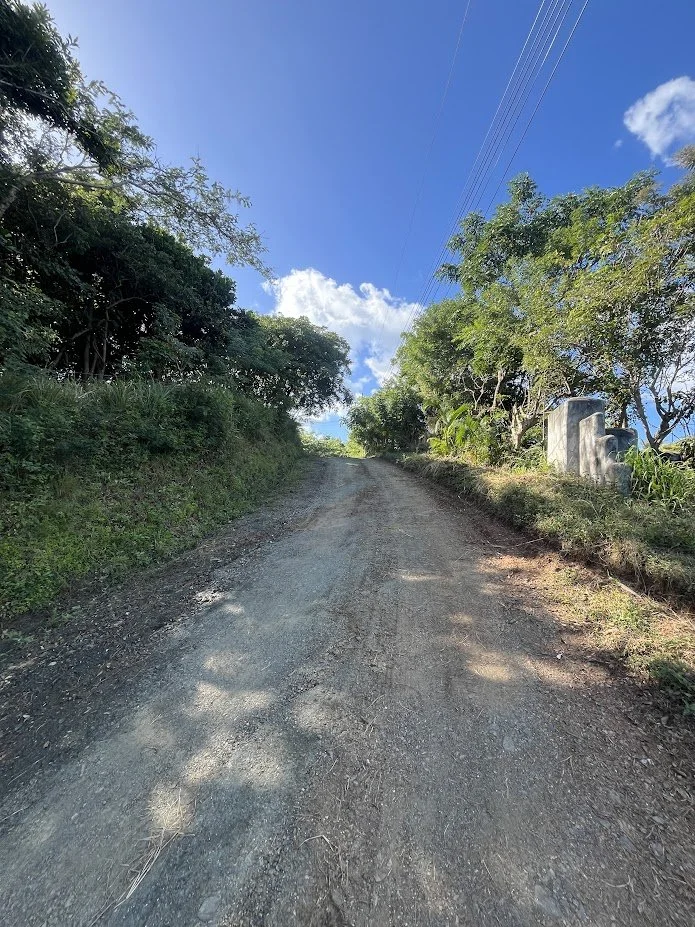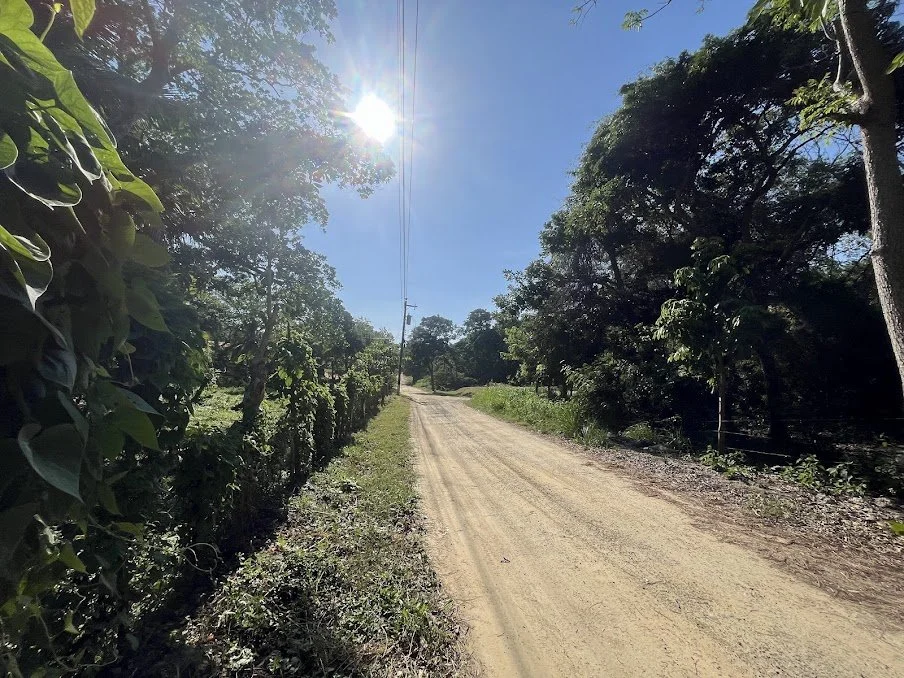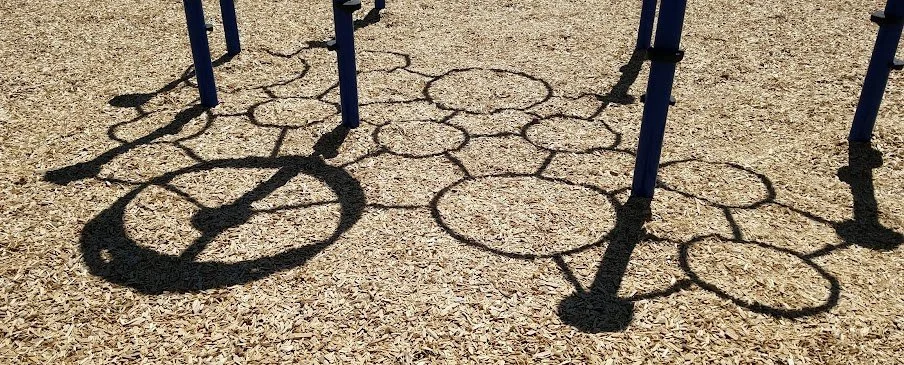Search by topic, theme, or feeling

From Performance to Presence: Reducing Identity Distance Through Social Architecture
This post explores how Herbert Blumer’s theory of symbolic interactionism can guide neurodivergent individuals in reducing identity distance through intentional social and environmental design. It frames authentic expression not as a departure from social rules but as a renegotiation of what those rules should be.

The Somatic Cost of Masking In Neurodivergent People
The chronic muscular tension, profound fatigue, and identity fragmentation often experienced by neurodivergent individuals who mask are not separate symptoms but interconnected signs of a body forced to live a prolonged performance.

Sensory Joy as a Pathway Through Trauma
Deliberate attention to simple pleasures rewires the nervous system for safety, building a new somatic narrative where the body is a source of comfort and resilience.

Not All in Your Head: Somatic Approaches to Anxiety
Anxiety is not always a product of “overthinking”; it is often a legitimate response to tangible external pressures. By integrating somatic strategies that honor this reality, we can build resilience without dismissing the very real stressors that shape our lived experience.

How Alcohol Disrupts Your Body's Master Regulatory System
Alcohol artificially manipulates the brain's endocannabinoid system, depleting its natural regulators like anandamide and 2-AG over time.

Finding Your Voice: Self Advocacy for Neurodivergent Individuals
For neurodivergent individuals, self advocacy often requires translating fundamental needs into a foreign language of social norms.

Neurodivergent neuroception and building a personal safety inventory
For neurodivergent individuals, the subconscious process of neuroception, which scans for safety, can be uniquely sensitive, impacting social energy and daily life. This post explores how a personalized safety inventory and dedicated rest can help regulate the nervous system and foster well-being.

A Personal Sensory Profile: Exteroception, Sensitivity, and the Neurodivergent Experience
For many neurodivergent individuals, exteroception, or the perception of the external sensory world, is a primary source of overwhelm and exhaustion.

Mapping the Inner World: Interoceptive Awareness for Neurodivergent Wellbeing
For many neurodivergent individuals, decoding the body's internal signals can be a profound challenge.

The Body in Space: Understanding Proprioceptive Differences in Neurodivergent Experience
Proprioception, our body's internal GPS, often functions differently for neurodivergent individuals, leading to a disconnect from physical self-awareness.

Feeling Erased: Reclaiming Presence After Trauma
Trauma can create a profound and haunting sense of being erased, as if one's inner reality has been rendered invisible.

What the Pufferfish Teaches Us About Neurodivergent Protections
Like the pufferfish that inflates to create safety, the neurodivergent nervous system uses protective behaviors like withdrawal or irritability as a response to overload.

The Somatic Wisdom of Dark Comedy
A dark sense of humor is more than a coping mechanism, it is a somatic tool for regulation.

A Somatic Look at Eating Disorders and the Nervous System
When an individual's fundamental sense of autonomy feels chronically threatened, the nervous system can deploy powerful survival strategies.

Decoding Suicidal Ideation in Trauma Survivors
The emergence of suicidal thoughts following trauma is often not a desire to die, but a desperate, somatic plea for the overwhelming pain to stop.

Parental Rupture and Repair: An Object Relations Guide to Somatic Attunement with Children
Attunement is less about perfect connection and more about the courageous practice of returning to it after a rupture.

Neurodivergence, Communication Trauma, CPTSD and Embodied Healing
For many neurodivergent individuals, the very act of communication can become a source of profound and repeated trauma.

Addiction, Regulation, and a Somatic Path to Harm Reduction
Addiction is not a moral failure but the body's ingenious, if ultimately costly, attempt to find regulation and survive overwhelming circumstances.

When the Healing Hurts: Recognizing and Addressing Therapeutic Harm
The therapeutic relationship, intended as a sanctuary for healing, can sometimes become a source of retraumatization when a therapist's unexamined biases, reactions, or rigid methodologies cause harm.

Creative Rebellion: Reimagining Survival Strategies as Wholeness
What if your so-called disordered thinking is not a sign of being broken, but a profound somatic signal from a body that has creatively adapted to survive?
